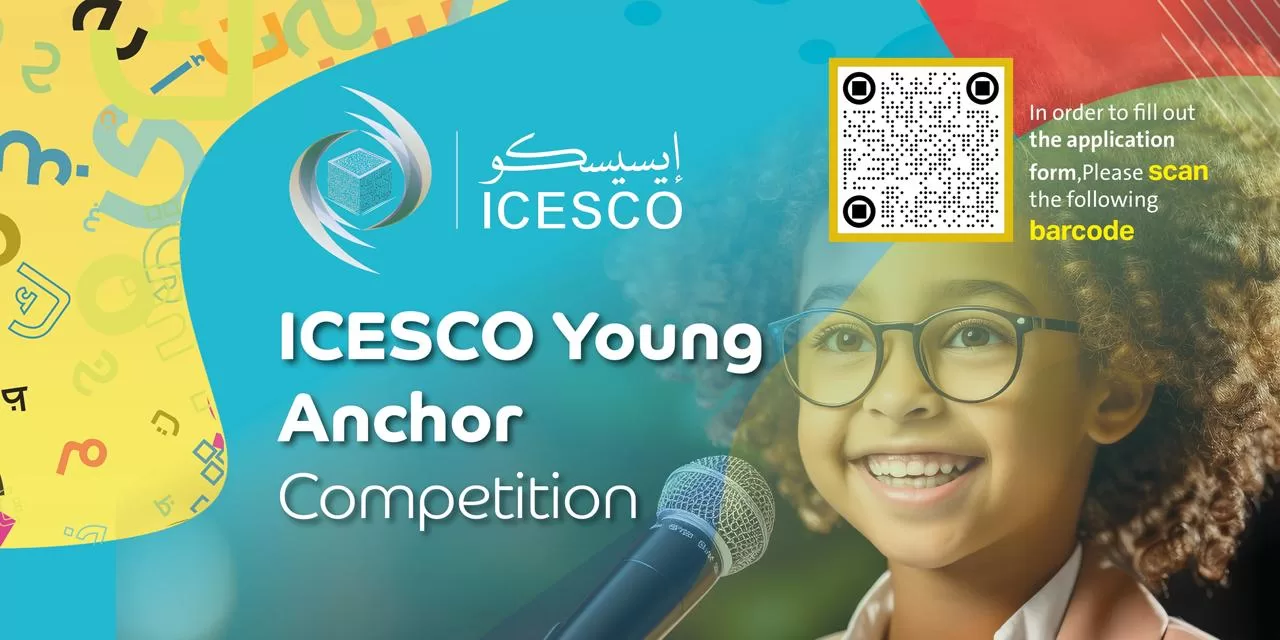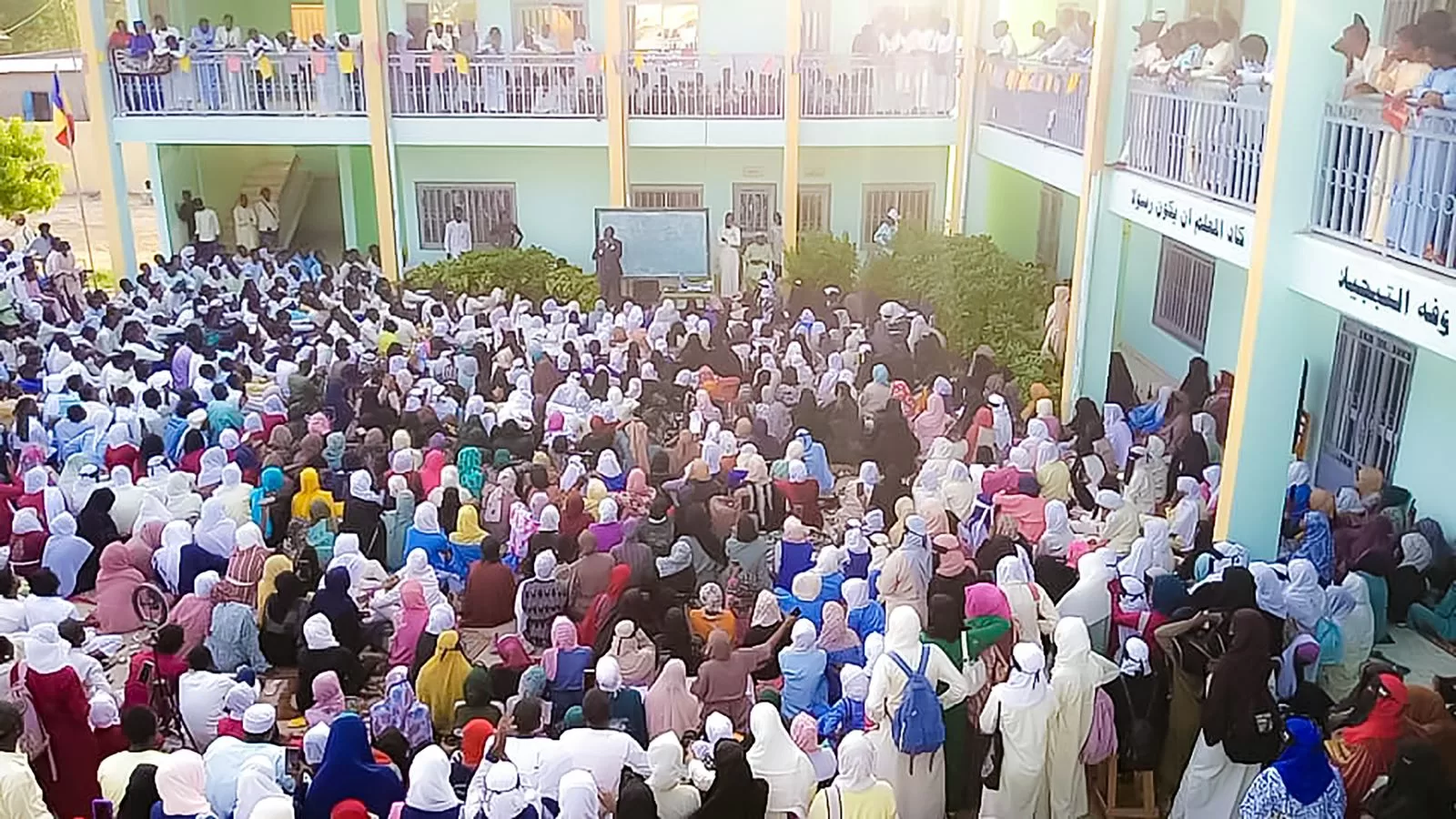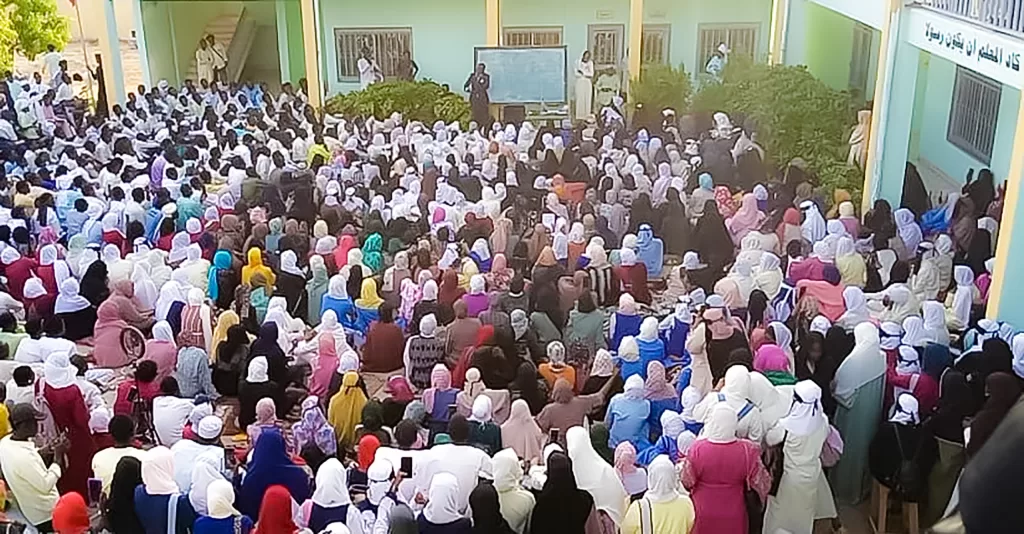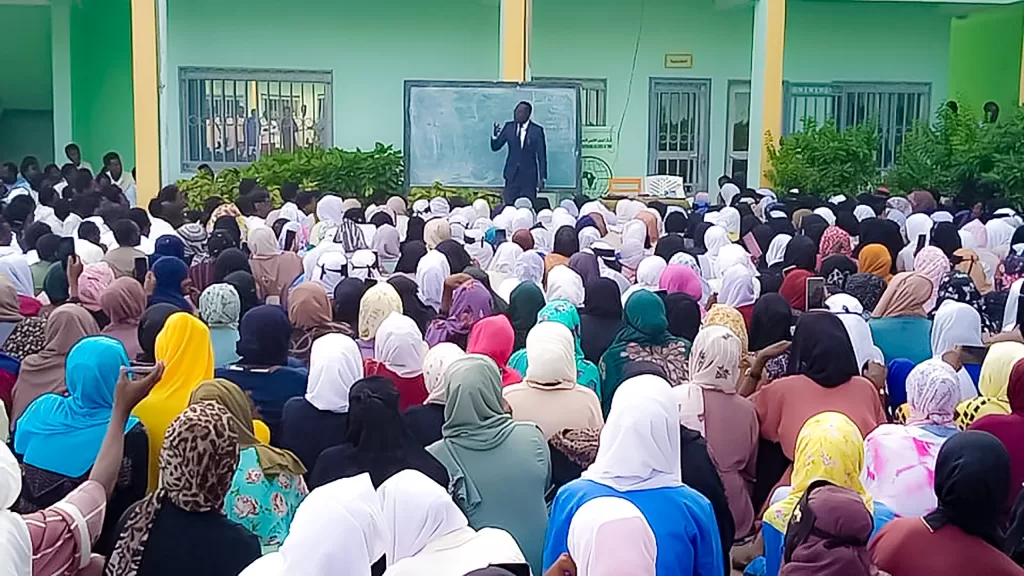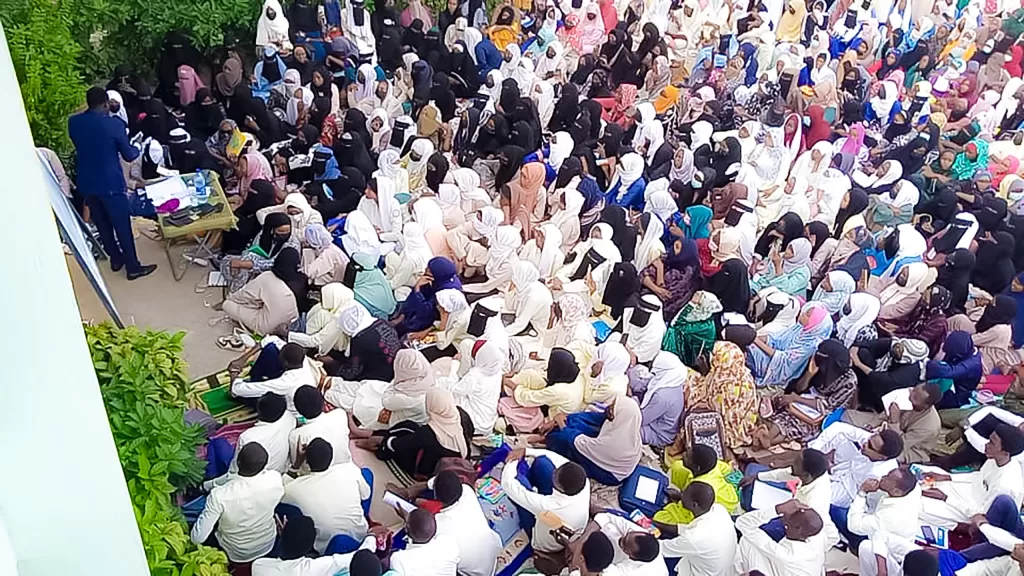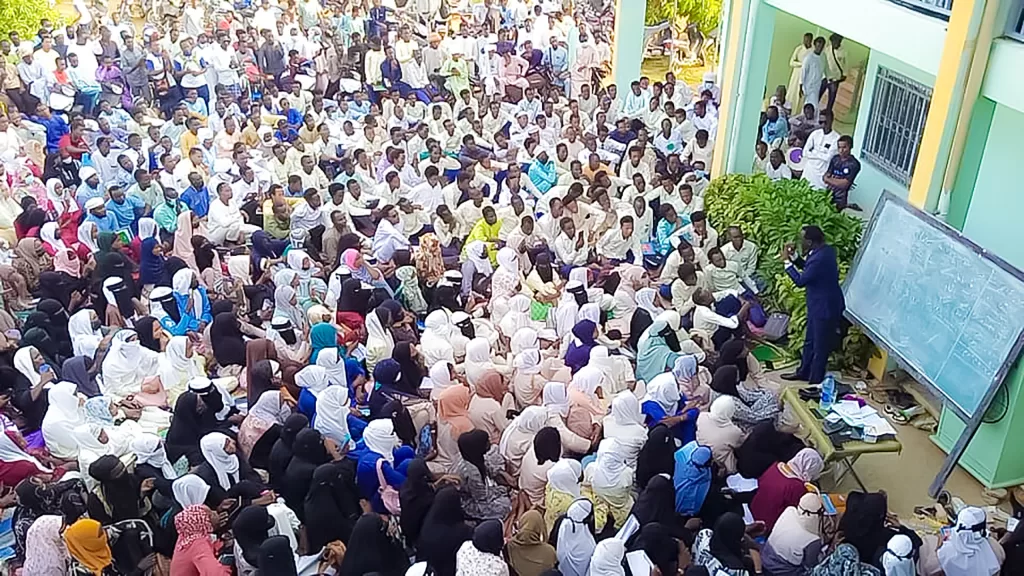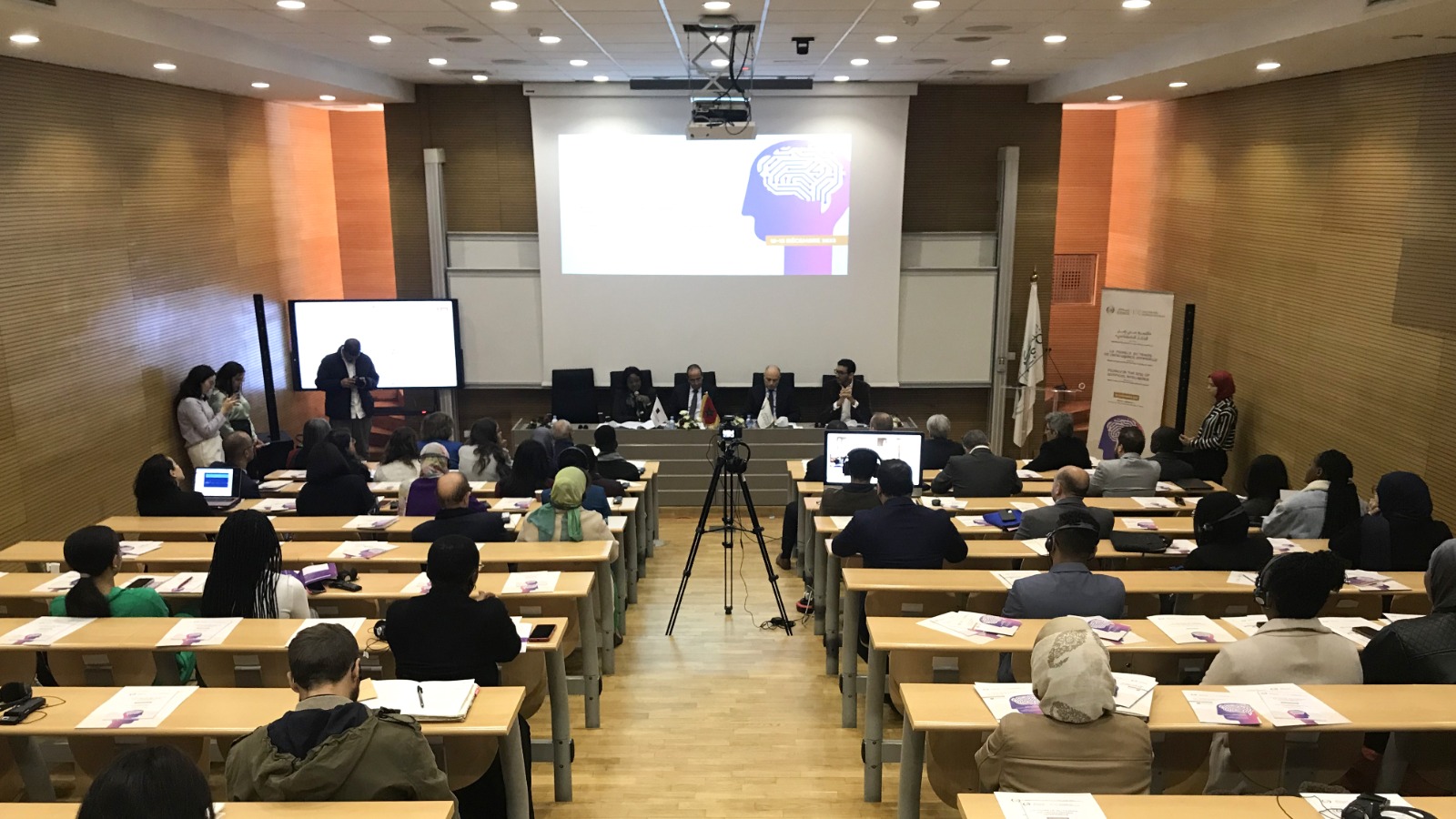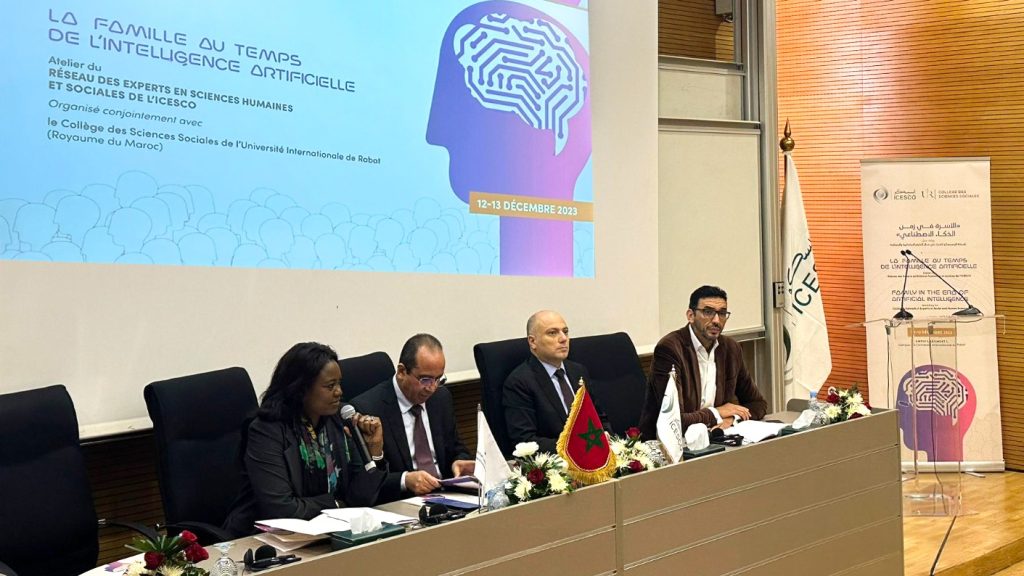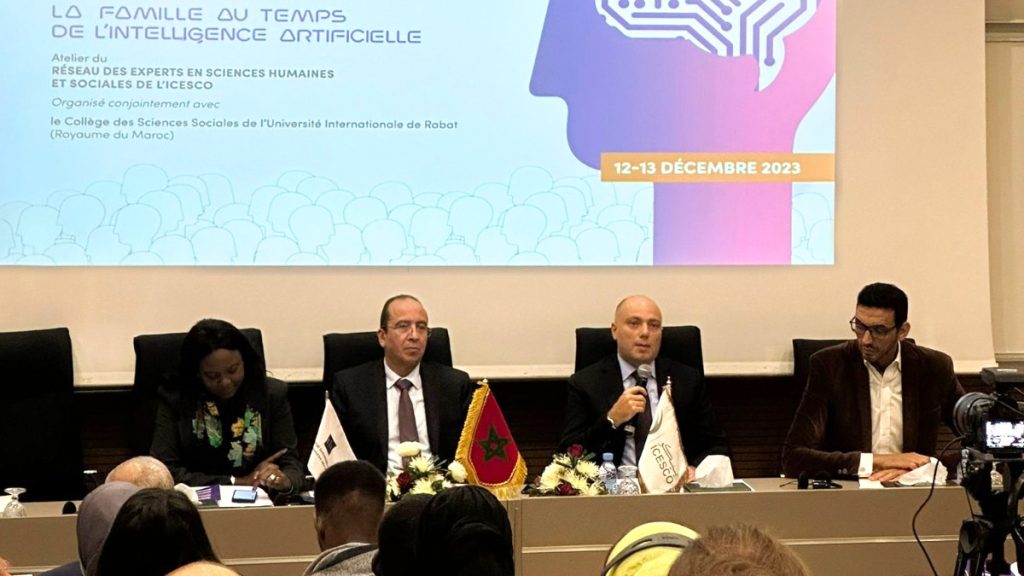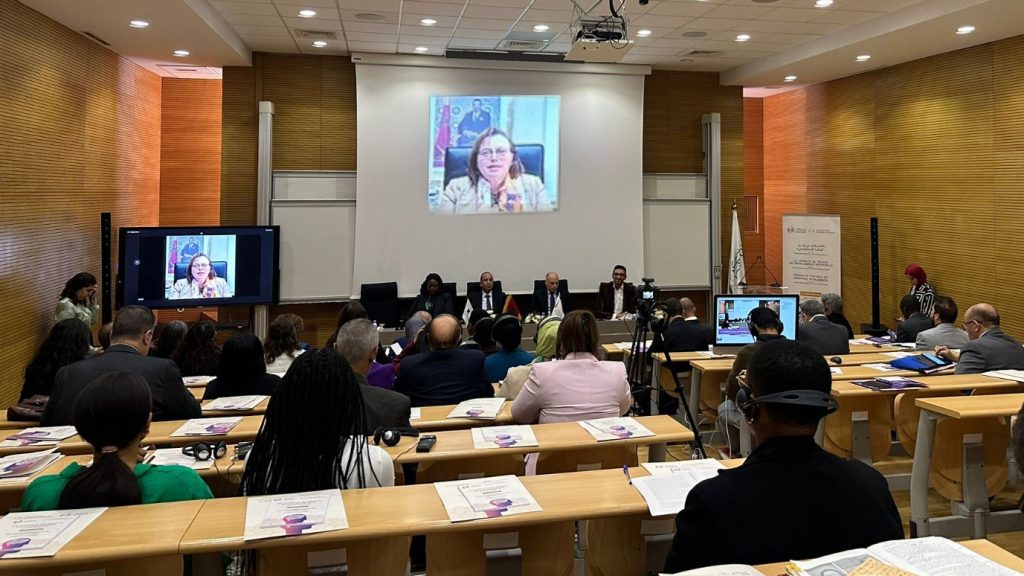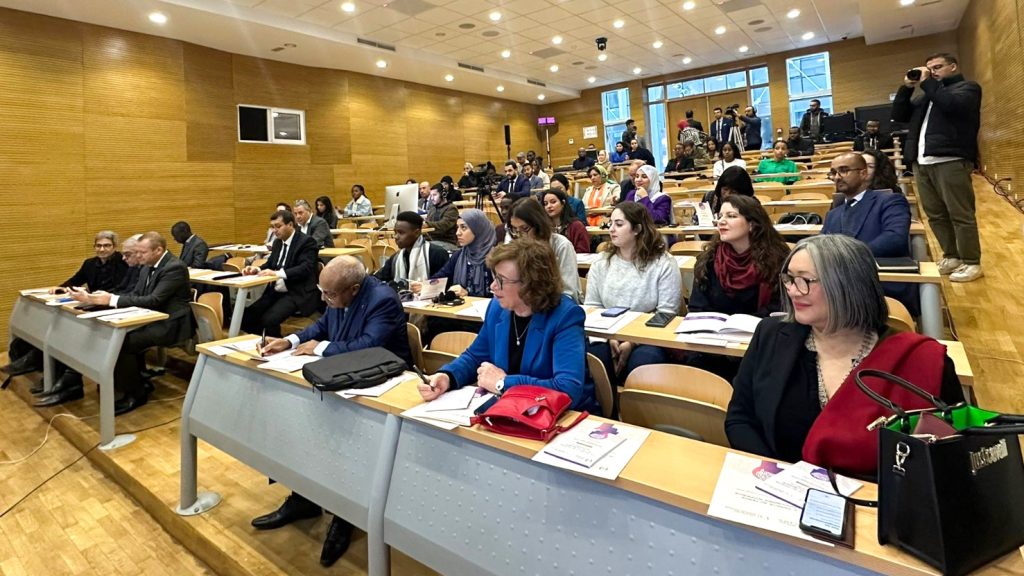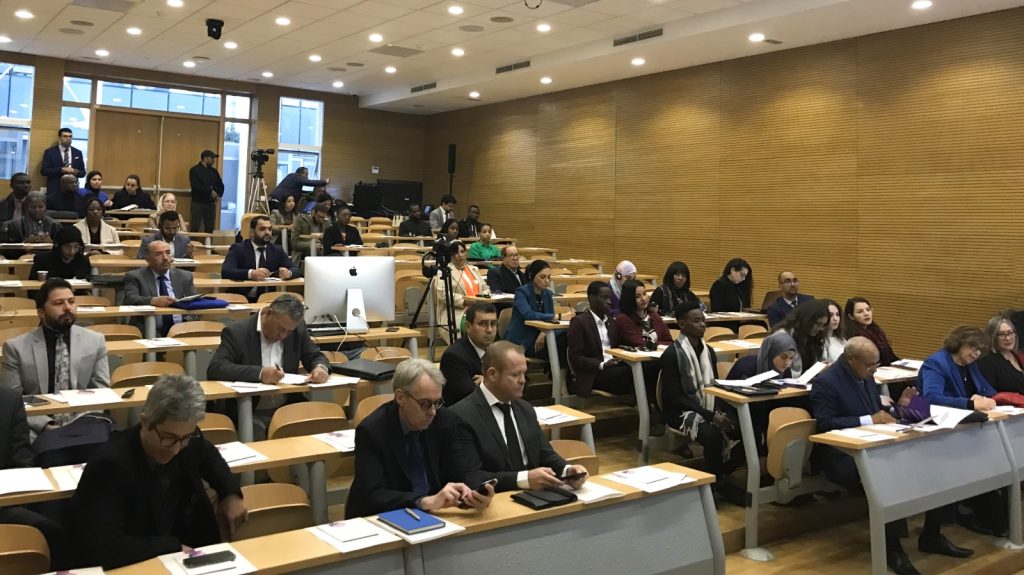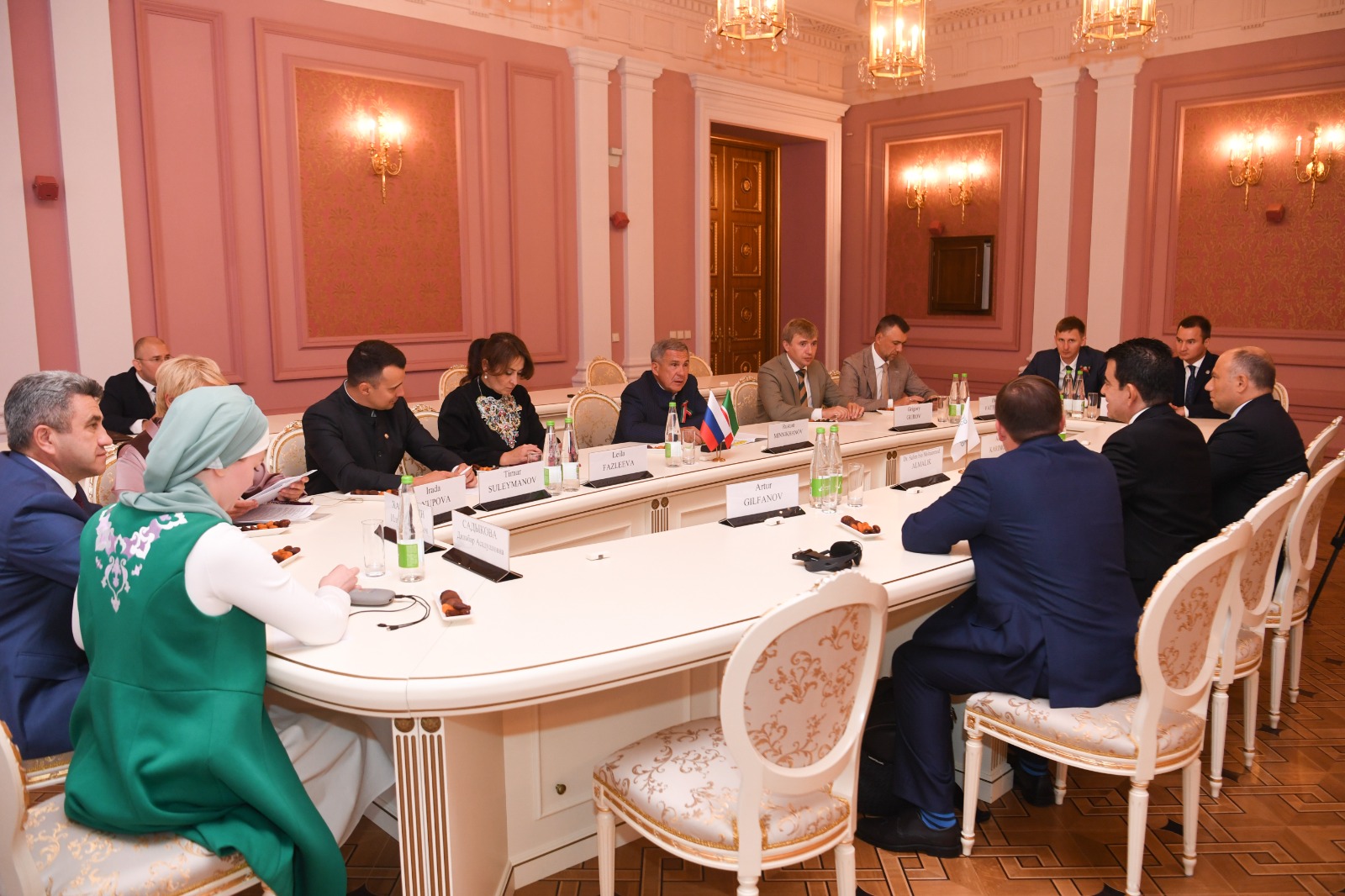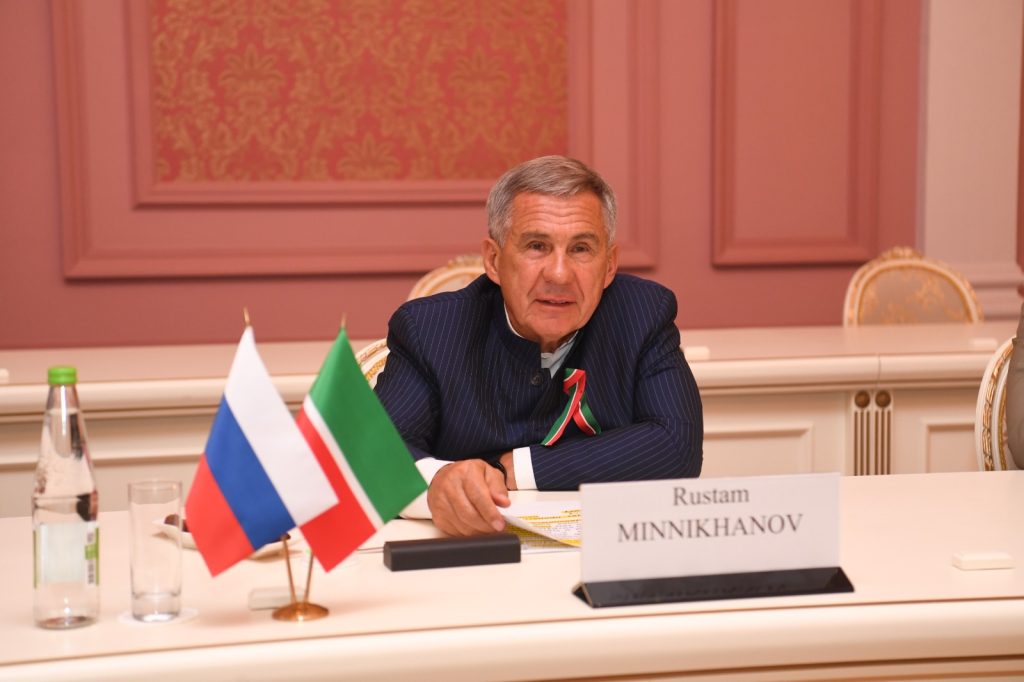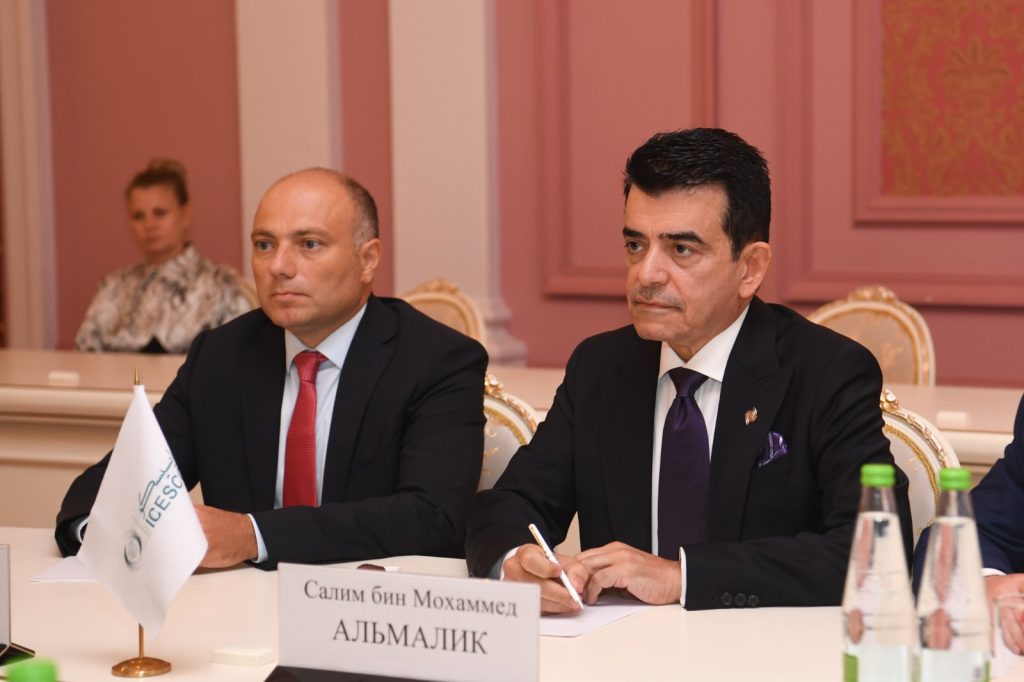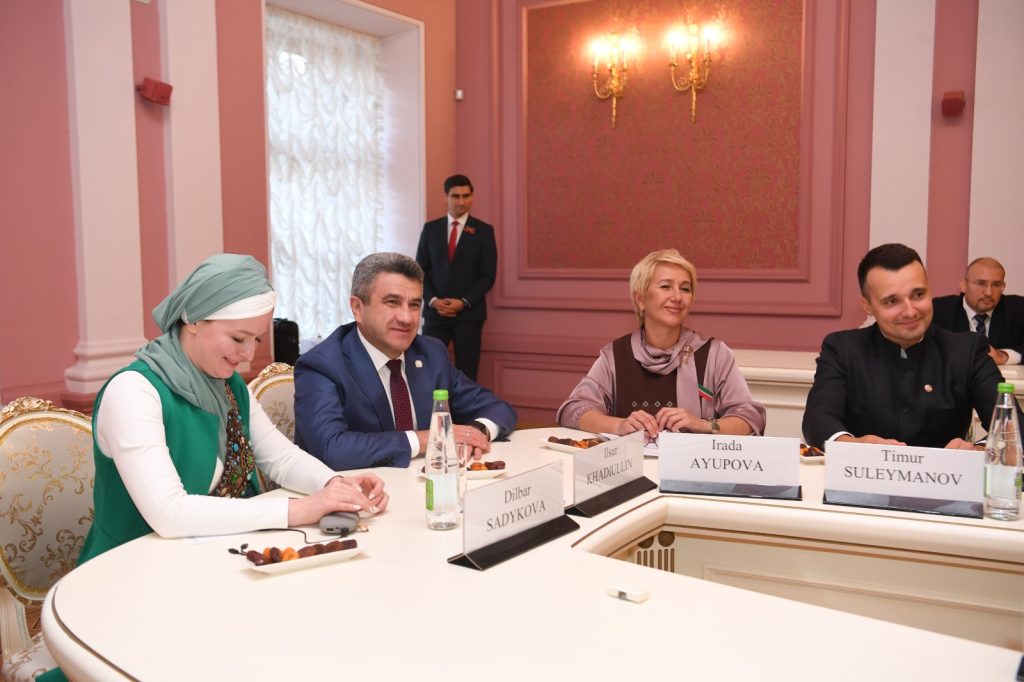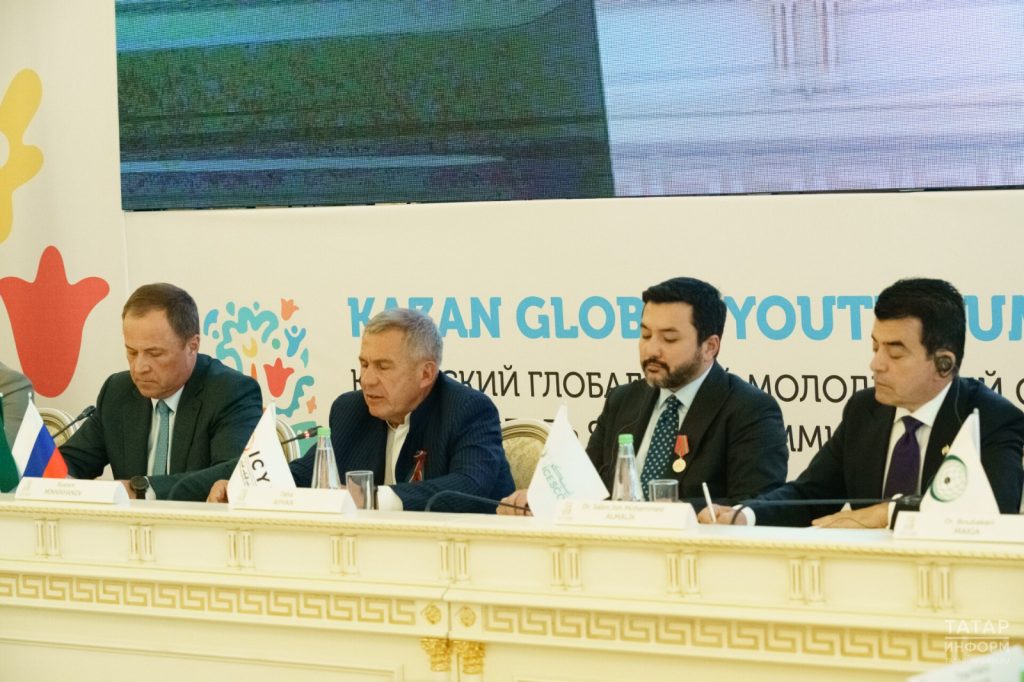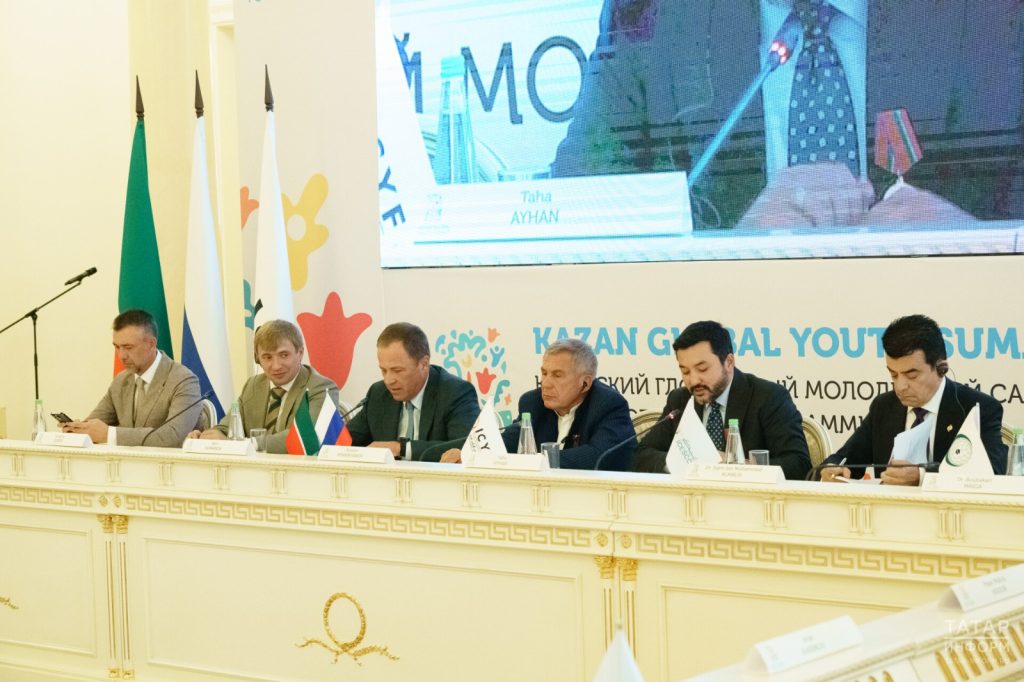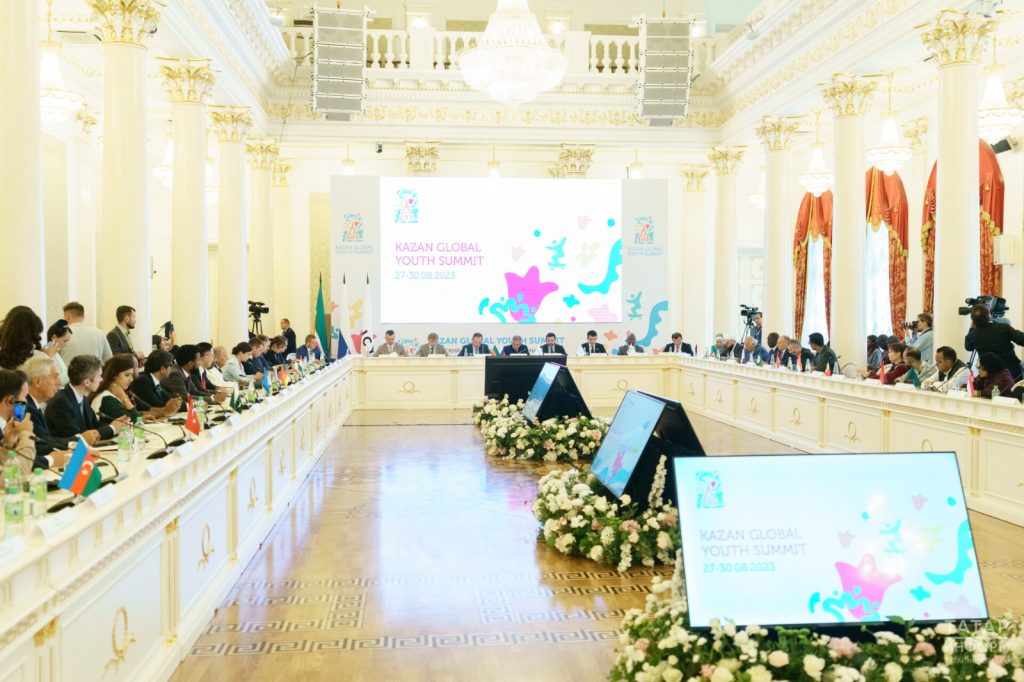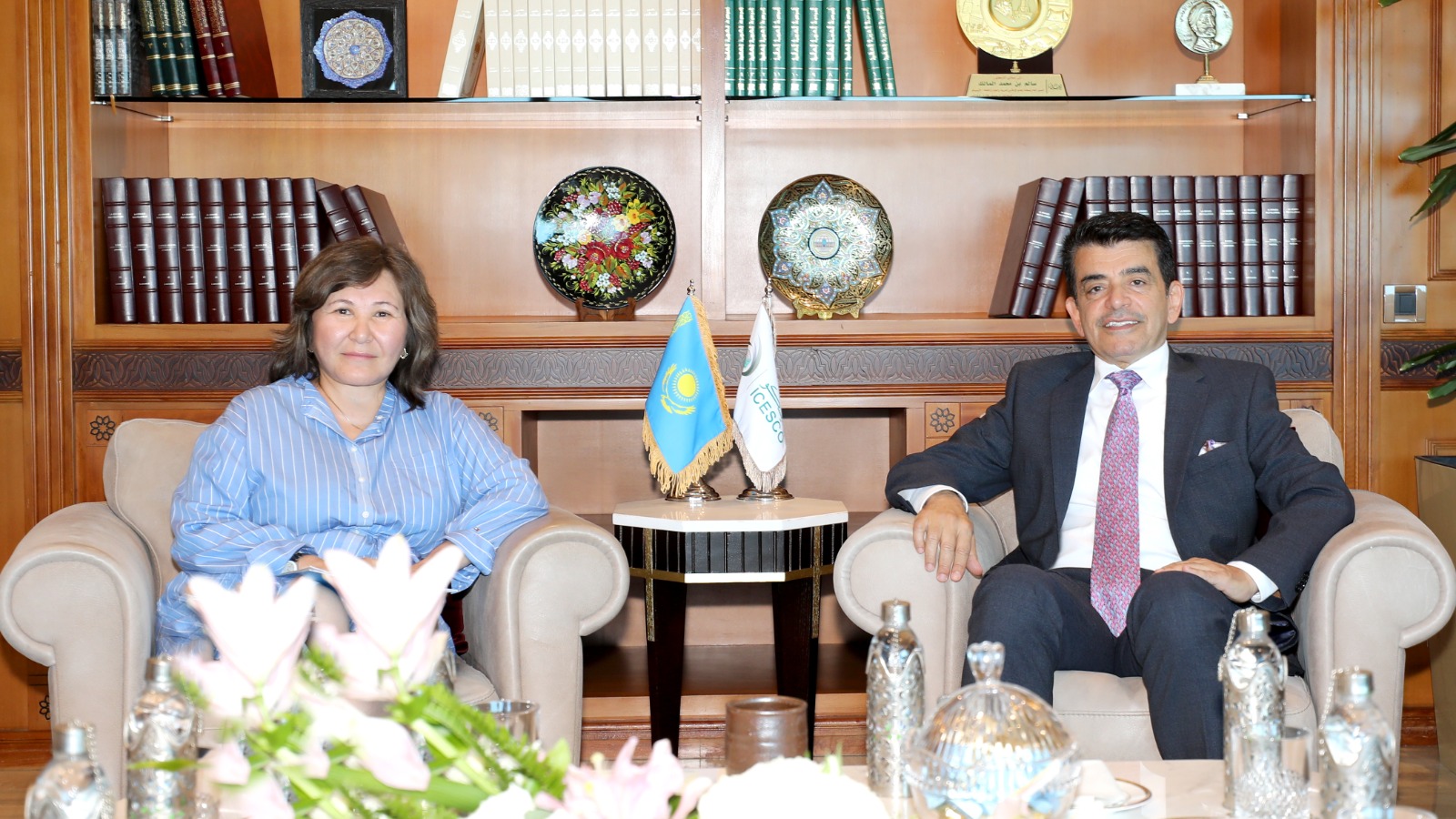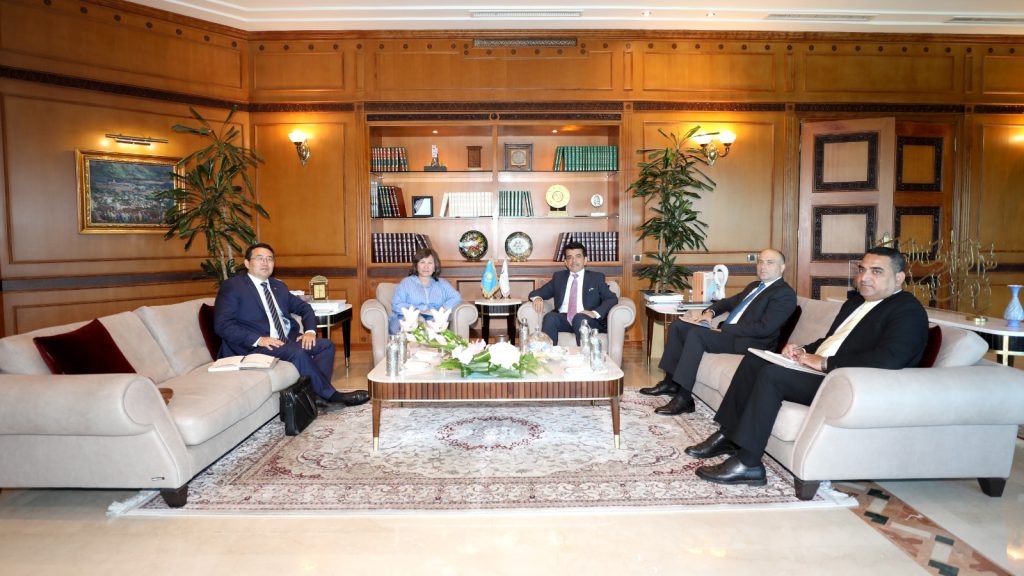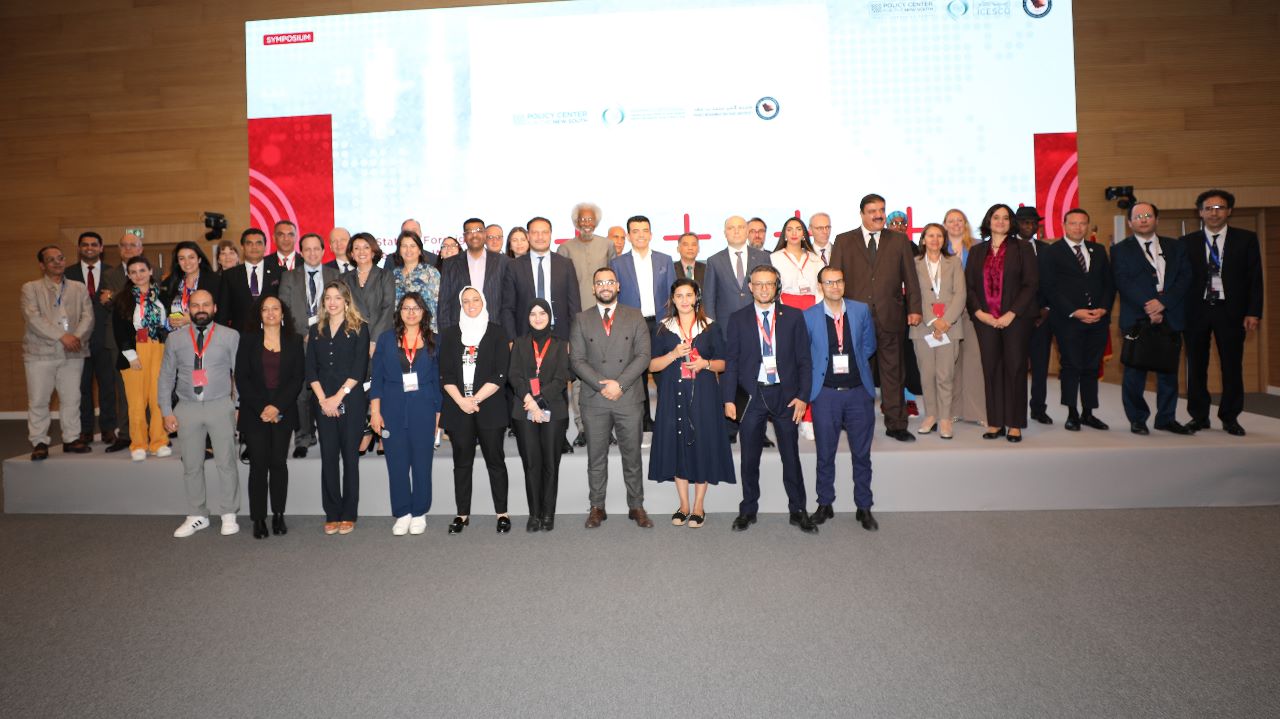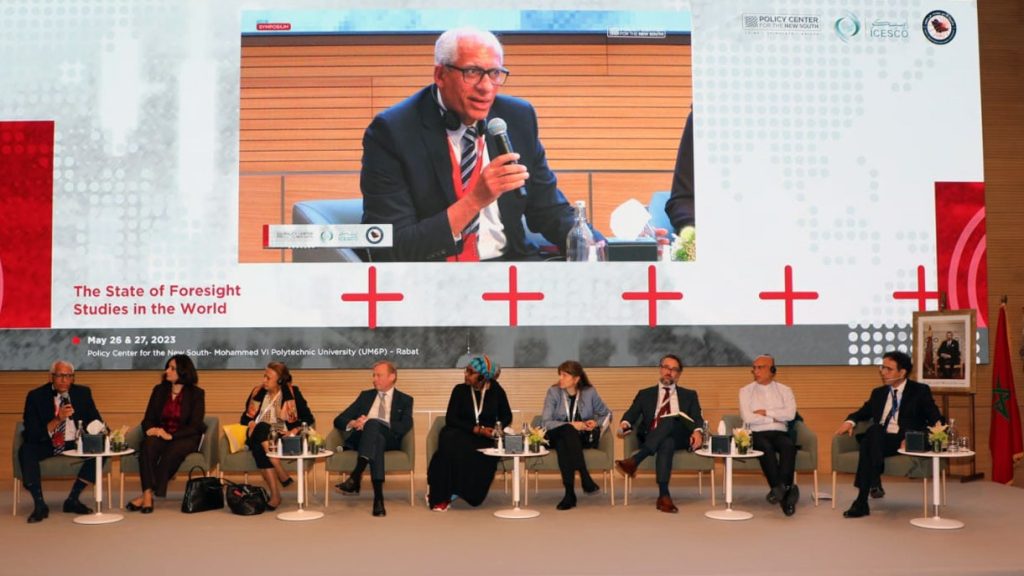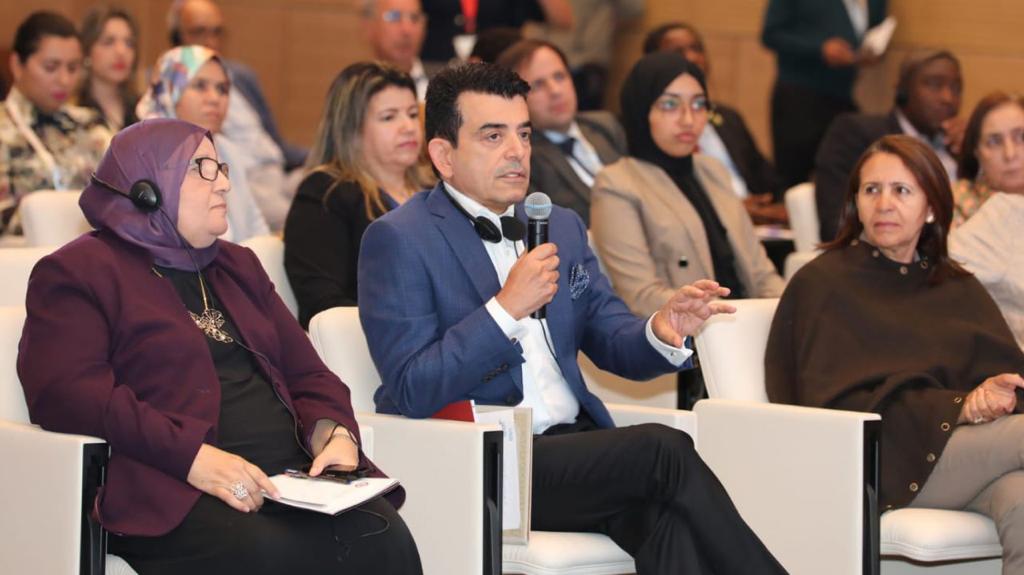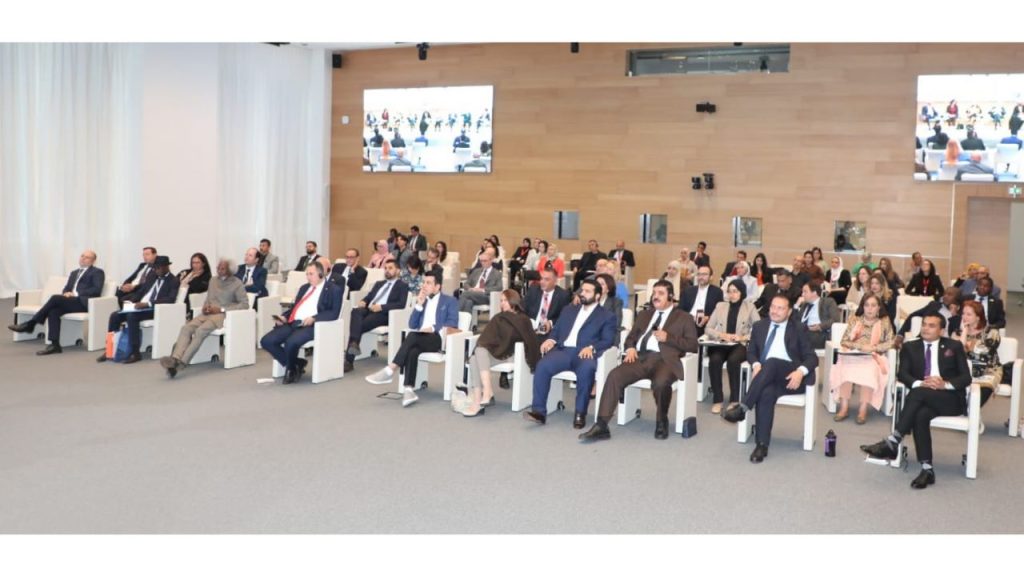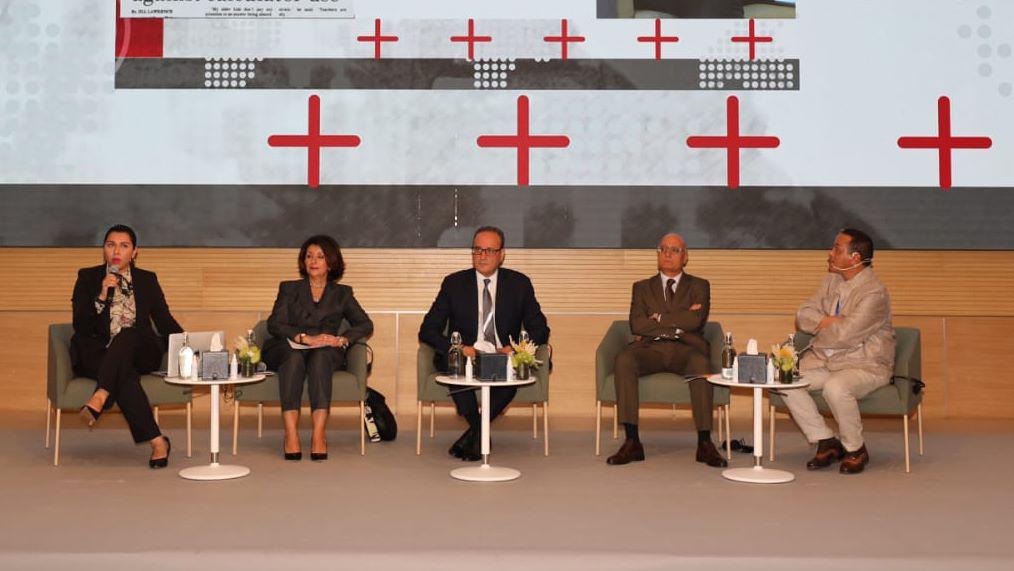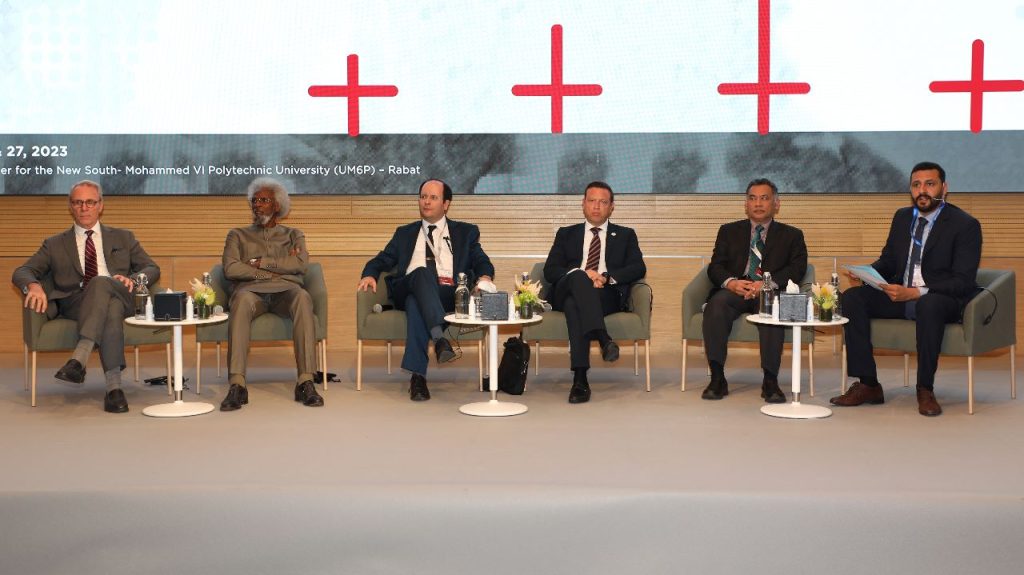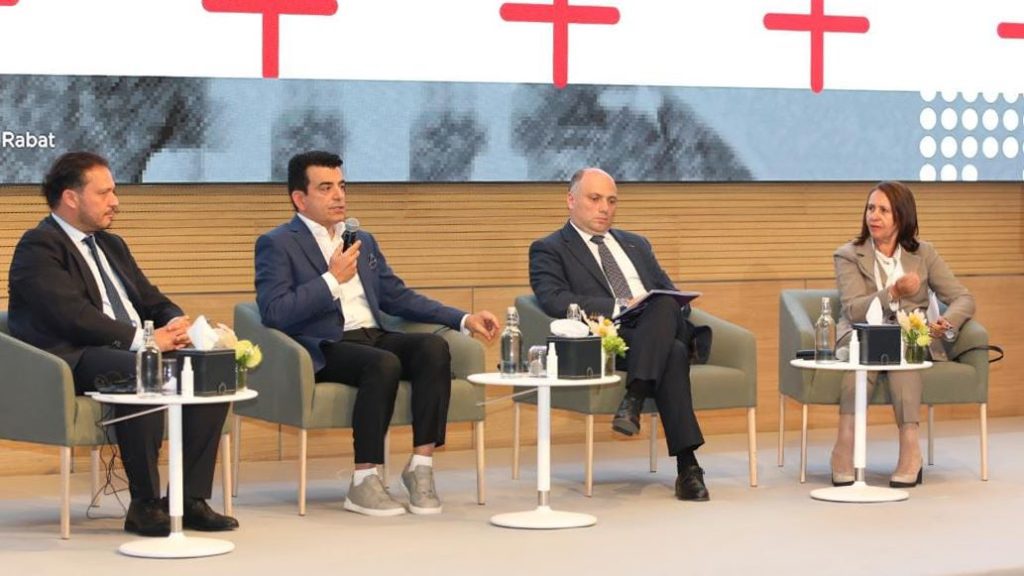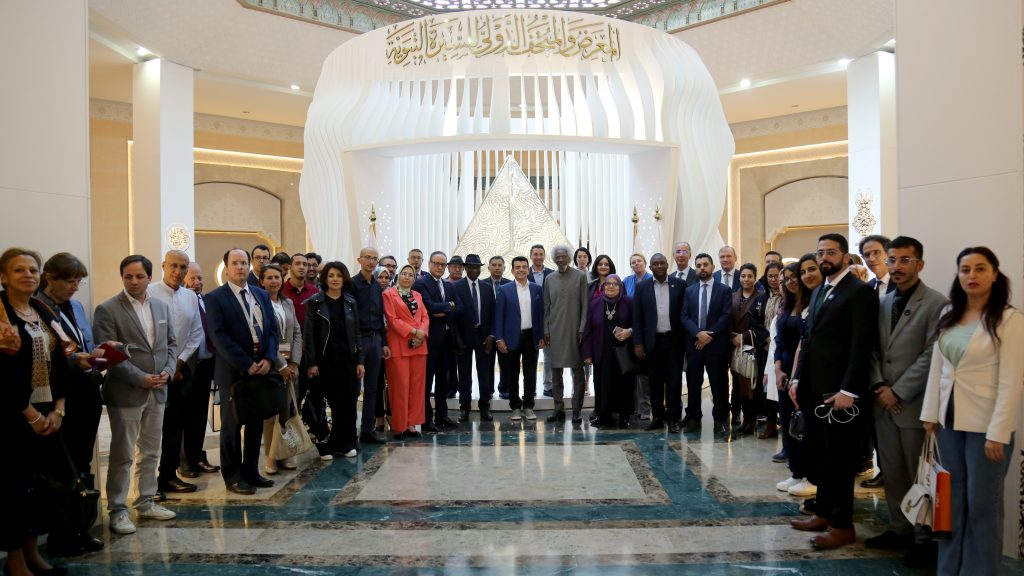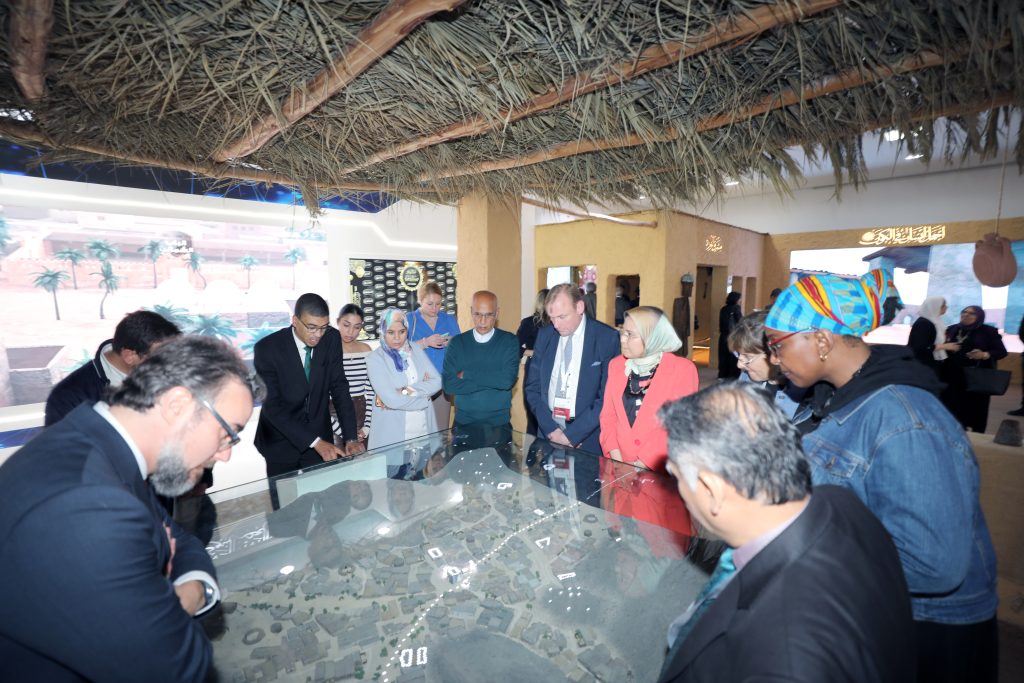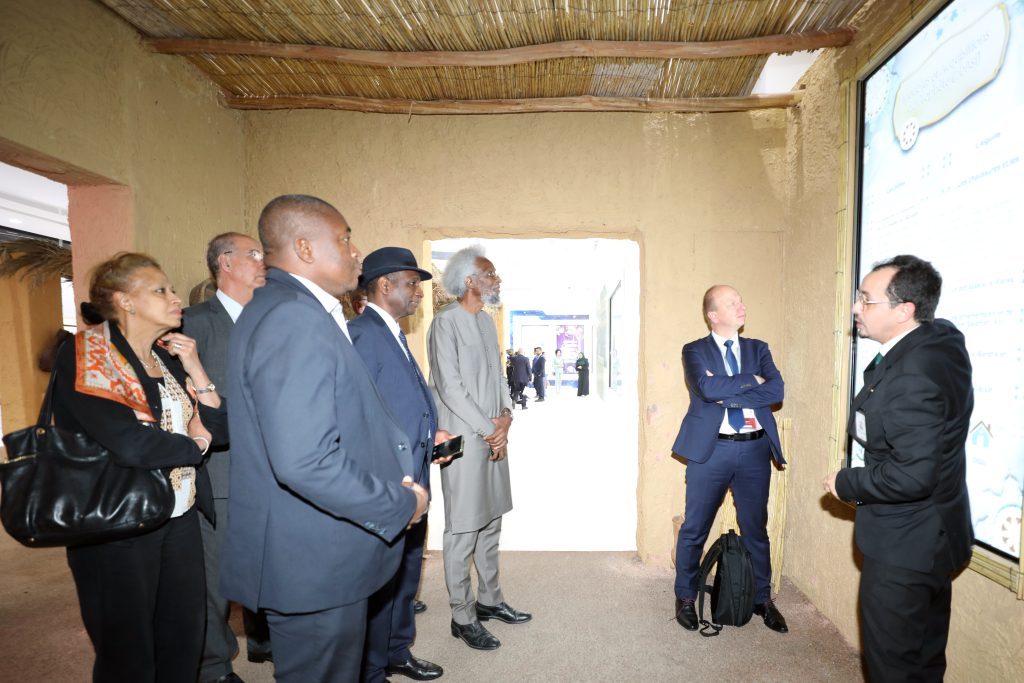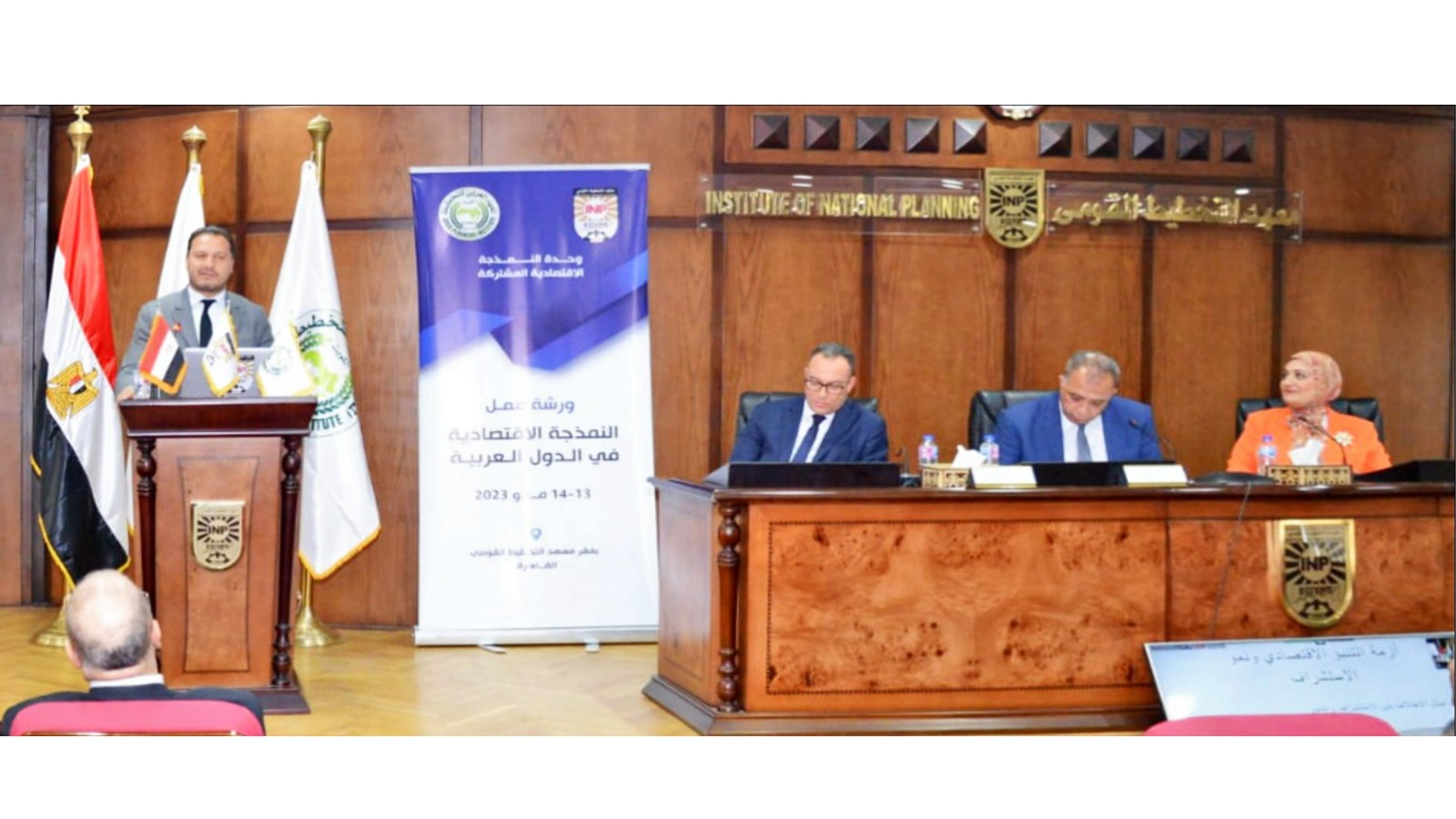The Islamic World Educational, Scientific and Cultural Organization (ICESCO) is pleased to announce the launch of the “ICESCO Young Anchor Competition”, as part of the attention the Organization gives to the new generations and the youth of the future. The competition is aimed at non-Arabic-speaking children to encourage them to practice, master and use the Arabic language on an international scale. It also aims to boost their self-confidence, develop their communication skills and improve their linguistic and expressive competencies.
The competition, organized by ICESCO’s Arabic Language Centre for non-Arabic Speakers, aims to promote intercultural understanding and the exchange of expertise between different cultures. It also aims to encourage children to express their ideas and opinions in innovative and diverse ways, helping to shape a generation capable of positively impacting their communities and building a better world through the power and appeal of words.
Candidates wishing to take part in the Competition are invited to register from today, Monday 24 June 2024, until the end of October 2024. Entrants can compete in the following categories: National news or sports presentation, weather report presentation and news bulletin presentation.
Applications are subject to the following conditions:
- The participant must hold a non-Arab passport;
- Participation must be in classical Arabic;
- The participant must not be over 12 years of age;
- The application must be submitted through the administration of the school with which the child is affiliated;
- A video not exceeding 3 minutes must be sent to the competition e-mail address;
- The application form must be completed and can be downloaded via the following link: https://icesco.org/wp-content/uploads/2024/06/DAIAC.pdf
- A copy of the candidate’s passport and their guardian’s passport;
- All participations must be sent to the following e-mail address: daaiac@icesco.org.
After the closing date for nominations, a specialized jury will evaluate the nomination files and select the three winners. The first prize winner will receive US$ 4,000, the second prize winner US$ 2,000 dollars and the third prize winner US$ 1,000, in addition to receiving certificates of merit. The winners will be announced on ICESCO’s official website and through official notifications sent to the parties concerned. The awards will be presented at a ceremony to be announced at a later date.

